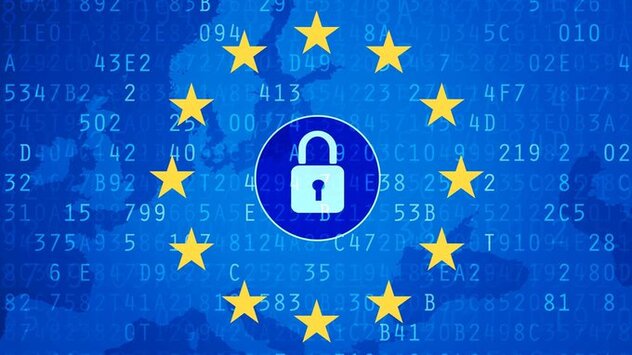
Growing debates around the Chat Control bill have sparked widespread interest, with several EU member states voicing strong opposition ahead of a decisive meeting. The controversial proposal seeks to introduce mandatory chat scanning across messaging services, including those offering end-to-end encryption. Many citizens and experts are now questioning whether the bill strikes the right balance between security and personal privacy.
The Chat Control bill was originally designed to combat child sexual abuse material (CSAM) by requiring messaging platforms to scan all communications. However, the approach has faced criticism for potentially undermining digital security. Encrypted platforms, widely used for safe private conversations, would be forced to open backdoors for scanning, leaving users vulnerable to cyber threats. Supporters argue the law is necessary to strengthen child protection, but critics highlight the risk of mass surveillance.
A growing list of EU nations, including Belgium, the Czech Republic, Austria, the Netherlands, and Poland, have expressed concerns. Their main objection lies in the potential violation of privacy rights, alongside doubts about whether mass scanning is technologically feasible without creating new vulnerabilities. With opposition rising, the outcome of the upcoming EU Council meeting will play a decisive role in shaping the future of digital privacy within Europe.
For everyday users, the Chat Control bill could significantly alter how messaging services operate. If adopted, the law would force providers to monitor private conversations, which may lead to reduced trust in digital platforms. Privacy advocates warn that the risks extend beyond Europe, as global tech companies may implement similar practices worldwide. The debate highlights a critical question: can governments enhance online safety without compromising individual freedoms?
The next steps will depend on the consensus reached during the EU’s discussions. If the proposal moves forward, it could be enforced as early as late 2025, beginning with Denmark’s version of the legislation. As nations continue to weigh the benefits of protecting children against the dangers of mass surveillance, the future of online communication in Europe hangs in the balance.
𝗦𝗲𝗺𝗮𝘀𝗼𝗰𝗶𝗮𝗹 𝗶𝘀 𝘄𝗵𝗲𝗿𝗲 𝗿𝗲𝗮𝗹 𝗽𝗲𝗼𝗽𝗹𝗲 𝗰𝗼𝗻𝗻𝗲𝗰𝘁, 𝗴𝗿𝗼𝘄, 𝗮𝗻𝗱 𝗯𝗲𝗹𝗼𝗻𝗴. We’re more than just a social platform — from jobs and blogs to events and daily chats, we bring people and ideas together in one simple, meaningful space.